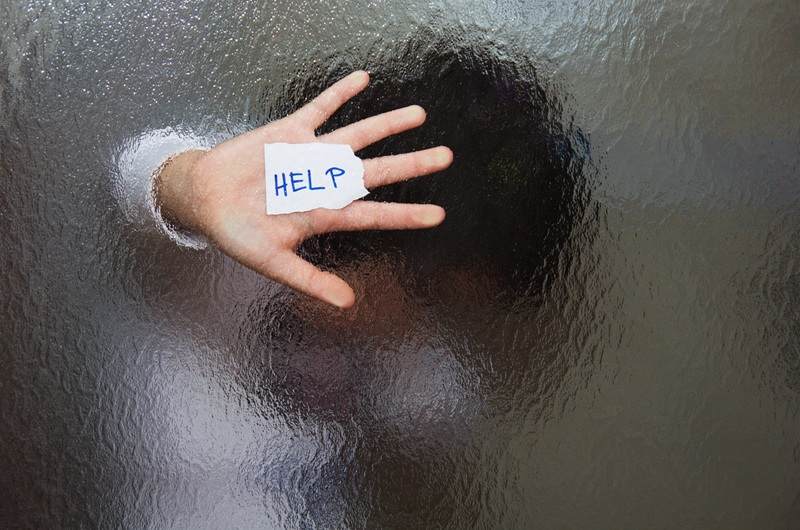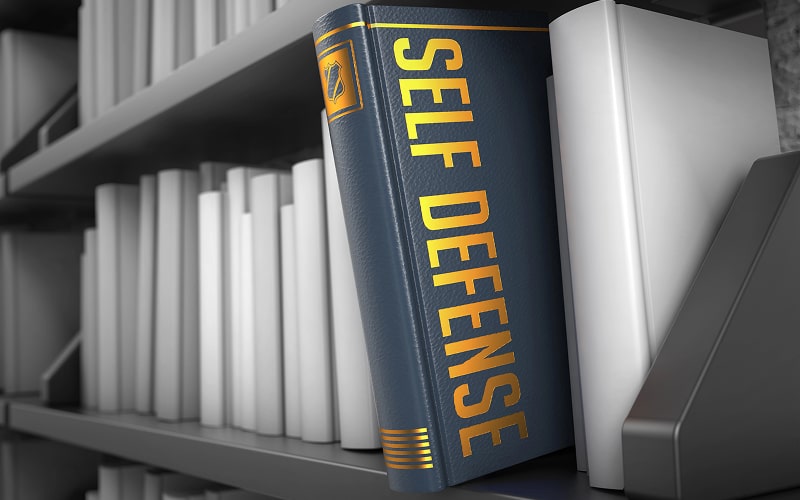
When law enforcement responds to a domestic assault in Fairfax County, the evidence collected can significantly impact the case outcome....

When law enforcement responds to a domestic assault in Fairfax County, the evidence collected can significantly impact the case outcome....

Being accused of harming a family member can feel like your world is falling apart. The legal consequences are severe,...

Protective orders are court-issued directives that limit individual interactions when allegations of harm or threats arise. These orders are often...

A sudden arrest for a domestic assault can turn your life upside down in an instant. The legal system moves...

Being accused of violence against a loved one can turn your life upside down. Relationships, careers, and personal freedoms are...

Facing domestic assault charges in Fairfax County, Virginia, can be flabbergasting. The legal consequences, personal repercussions, and impact on employment...

Being accused of domestic assault in Fairfax County can turn your life upside down. A conviction can result in jail...

Being arrested for domestic assault in Fairfax County can feel like your entire world has turned upside down. The legal...

Being charged with domestic assault in Fairfax County is a serious legal matter. The situation becomes even more complicated when...

Being charged with domestic assault in Fairfax County, Virginia, is a stressful and life-altering experience. Your arrest record remains even...
Most Recent Posts
Categories
Tags

We are on a a mission at Fairfax County Criminal Attorneys to provide exceptional services and client satisfaction.

Gain Peace Of Mind & Protect Your Future With The Powerful & Compassionate Representation Of Fairfax County Criminal Attorneys!
Services
Copyright © 2025 Fairfax County Criminal Attorneys – All Rights Reserved.